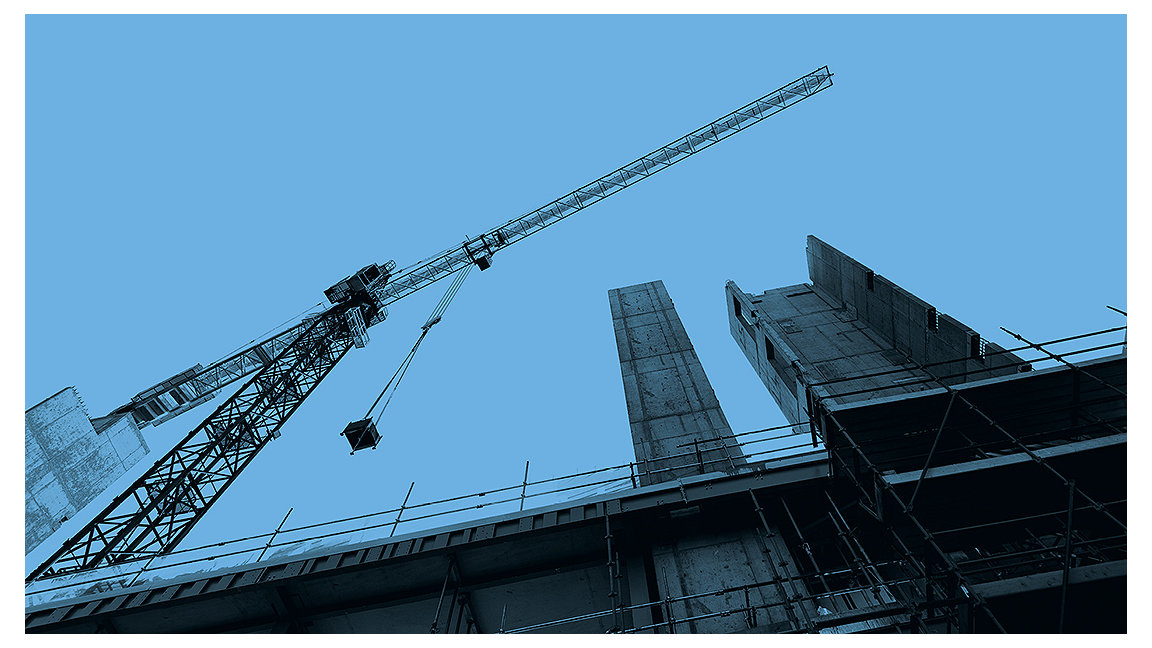
Sustainability is a mandatory competency to Level 1 across all APC pathways, therefore candidates must 'demonstrate knowledge and understanding of why and how sustainability seeks to balance economic, environmental and social objectives at global, national and local levels in the context of land, property and the built environment'.
What should your summary of experience cover?
- examples of sustainable technologies and renewable energy sources, as well as the way they operate and can be integrated
- examples of sustainable design and its effect on properties
- costs, including taxation, operational and maintenance costs and lifecycle costs.
-
'At university I learned about the three pillars of sustainability.'
- 'Through work experience I have gained an understanding of sustainable technologies such as ...'
- 'I attended a course that identified the effect of Building Regulations on reducing emissions in the residential sector.'
- 'Through structured reading, I am aware of the systems that are used to measure sustainability.'
Start your research with RICS guidance, such as the Whole life carbon assessment for the built environment standard second edition. There are numerous articles on sustainability in Modus, the RICS journals and other industry publications.
Preparing for the APC final assessment
To judge whether or not such reading would be suitable for your summary of experience or CPD record, you should try to verbalise your learning – being specific can help you recall your content at final assessment.
Once you have drafted your summary of experience in line with competency requirements and logged relevant CPD, you should consider the final assessment. A CPD entry or part of your summary of experience on reading an article may prompt a question such as 'Tell me about your learning outcome from what you read'. Identifying a more specific learning outcome means assessors can focus the question: 'I see you read an article on the impact of building information modelling on sustainability. Tell me about this.'
Although you may be asked direct questions on mandatory competencies, you also need to be aware they can be covered during questioning on other technical competencies or your case study, so make sure you have good knowledge of sustainable practices relevant to your sector, and refresh yourself on your learning outcomes and summary of experience.
With more than 40 per cent of the UK's carbon footprint attributed to the built environment, knowledge of the ways the profession can raise awareness and tackle this is crucial. This competency is just the first step.
'You should be aware of materials and technologies used in sustainable building, and of how sustainability is measured'
Susan Hanley FRICS is director of the APC Academy and RICS regional training adviser for Scotland
Contact Susan: Email
Related competencies include: Sustainability
